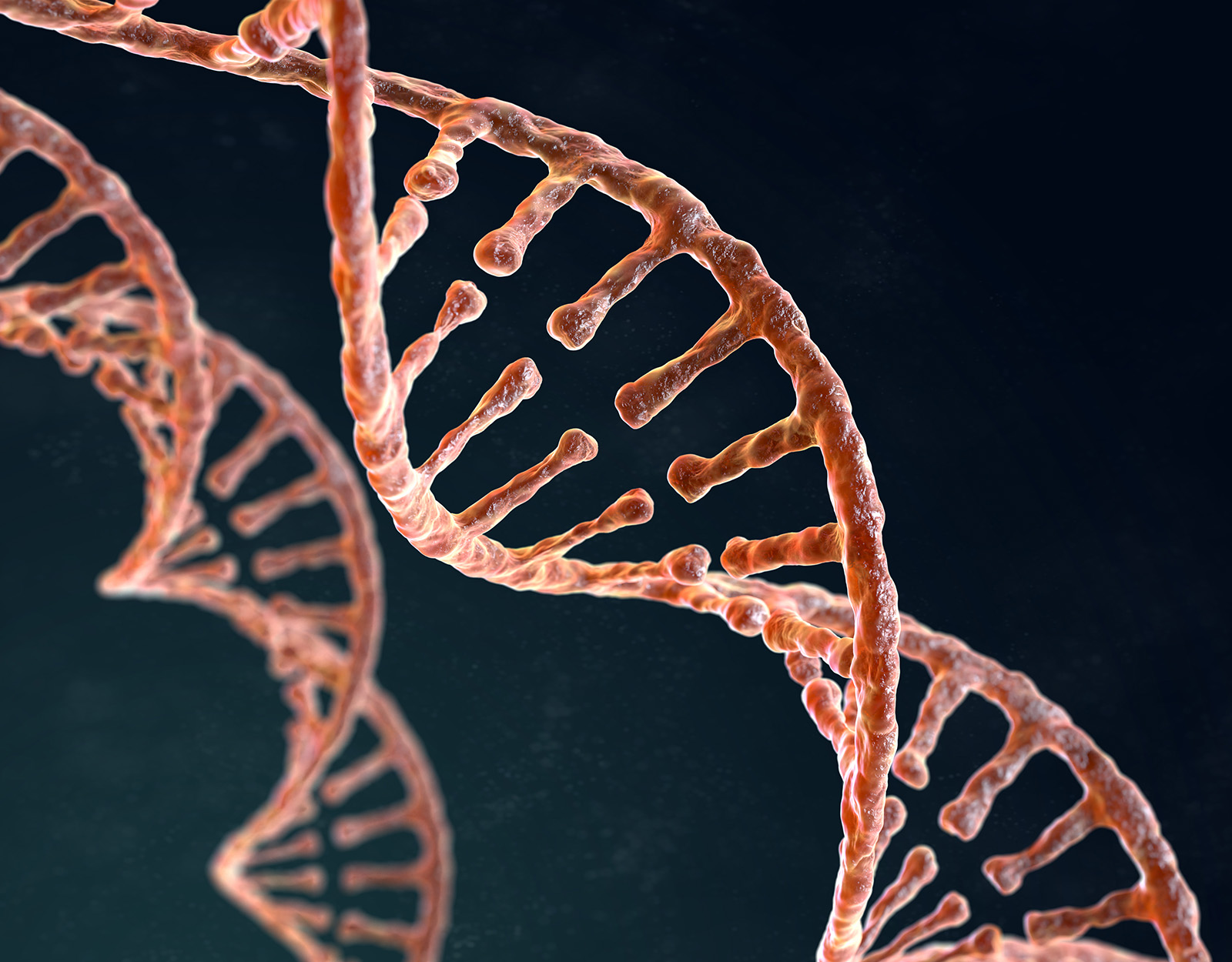Kids
Easy or Fussy: How DNA Affects Our Baby’s Personality
Here’s why some babies are easy while others are fussy.
Some new moms (or even experienced ones) can’t help but admit feeling a little jealous when some babies are just so easy to handle. The baby is a bouncing bundle of joy — smiling, giggling, eating, and exploring like what appears to be the ideal situation. But not all babies are like that and it all boils down to genetics! Studies on genetics revealed that our DNA can contribute to at least 50% of our baby’s personality, especially when it has something to do with our physiological health.

A Baby’s Personality: The Biological Perspective
After performing tests on twins for the past couple of decades, even Psychology admits that there are just some parts of our DNA that influence our baby’s personality! (Robins, 2005)
Our DNA is formed by building blocks known as chromosomes. These chromosomes carry all the information about our bodies — both dads and moms — which is what we know as genes. While genes do decide whether our kids are allergic to peanuts, eggs, and milk, they also decide how their brain functions and if their brains are more receptive to a certain chemical. For example, some brains may not be getting as many happy hormones like serotonin and dopamine as others because their genes dictate that they shouldn’t. This leads to babies being more anxious and when they get older, possibly depressive (Power and Pluess, 2015).
Chromosomes are a combination of proteins that follow a certain function, depending on what gets partnered up. Proteins also follow a certain rule: structure dictates function. If they have a certain structure, they also have a specific function and nothing else. It’s why some twins, despite being identical, can also have some unique differences like their preference for types of milk and even their choice in activities!
How a Baby’s Personality May Also Be Physiologically Related
Nutrition plays a big role in our disposition. Nobody wants to deal with someone who’s hungry! But babies and even people, because of the mixing of genes, need to adopt certain diets that can deprive them of the usual sources of certain nutrients. Studies have shown that those born with Celiac Disease are more prone to suffering from anxiety and depression. Because they are highly sensitive to gluten (to the point of being allergic to it), they can’t eat the usual sources of energy like bread, noodles, and rice unless they find proper substitutes to serve as their energy source (de Rosa, Troncone, Cacca, and Ciacci, 2004; Passanti, Siniscalchi, Zingone, Bucci, Tortora, Iovino, Ciacci, 2013; Zingone, Swift, Card, Sanders, Ludvigsson, Bai, 2015; Dowd and Jung, 2017).

How It Shows When Babies Grow Up
When some of us watch the news, we wonder about the people who commit crimes. We sometimes wonder, “How could a person be so brutal and cruel?” Without disregarding the possibility of these people growing up in a high-risk environment filled with violence, some people can be genetically predisposed to behave this way even in a loving and warm environment. The studies that discovered this cited a part of the brain known as the amygdala (or what many call the fear center of the brain) to be differently developed (Allely, Minnis, Thompson, Wilson, Gillberg, 2014).
However, the amygdala is not just the center of fear. It’s also responsible for helping people decide things. The slightest mutation and chemical imbalance in the brain serve as a fine line between the behaviors of a morally upright person and a psychopath. These signs unfortunately don’t immediately show up in babies. Babies, however, can show these by crying often, screaming, and being more prone to tantrums. It’s only when they grow older that they escalate into more vicious behaviors such as animal cruelty.

It’s Not Always Nature vs. Nurture. More like Nature and Nurture!
But just because we have immorality in our blood doesn’t mean we’ll be felons when we grow up. Genetics require a specific trigger to activate the gene. These triggers are usually in the form of trauma and the body doesn’t differentiate if it’s emotional or physical. Bodies respond to trauma the same way; they release cortisol and hormones to trigger a fight-or-flight response and the chemical change in the brain to respond to the trauma can trigger a personality change.
This is why when babies, although fussy when young, tend to mellow out when they’re older when their needs are consistently and accurately met. Or if they were easy before, a traumatic event (or any event that’s drastic in general) can trigger something in their genes to make them more irritable and neurotic. And it may not necessarily be from mom or dad, it could be from our ancestors for all we know!
Now we know why schools assign kids to make family trees. At least they’ll know if they’ve descended from honorable warriors or from serial killers. Or, they could have been descendants from someone as tame as boat people and fishermen.
How Can Parenting Address These Issues?
“It takes a village to raise a child” — that adage stays true today because of how random genes pair up. The unpredictability of gene mixing is why parents have parenting libraries, online support groups, and developmental therapists and pediatricians to address the problem. But history also plays a big role in parenting by giving us clues to find out what happened. Some events, when traumatic and impactful enough, can even influence the DNA’s chaining process which leads to certain parts of our baby’s personality that we haven’t noticed in ourselves.
References
Allely, C. S., Minnis, H., Thompson, L., Wilson, P., & Gillberg, C. (2014). Neurodevelopmental and psychosocial risk factors in serial killers and mass murderers. Aggression and violent behavior, 19(3), 288-301.
de Rosa, A., Troncone, A., Vacca, M., & Ciacci, C. (2004). Characteristics and quality of illness behavior in celiac disease. Psychosomatics, 45(4), 336-342.
Dowd, A. J., & Jung, M. E. (2017). Self-compassion directly and indirectly predicts dietary adherence and quality of life among adults with celiac disease. Appetite, 113, 293-300.
Passananti, V., Siniscalchi, M., Zingone, F., Bucci, C., Tortora, R., Iovino, P., & Ciacci, C. (2013). Prevalence of eating disorders in adults with celiac disease. Gastroenterology research and practice, 2013.
Power, R. A., & Pluess, M. (2015). Heritability estimates of the Big Five personality traits based on common genetic variants. Translational psychiatry, 5(7), e604-e604.
Robins, R. W. (2005). The nature of personality: Genes, culture, and national character. Science, 310(5745), 62-63.
Zingone, F., Swift, G. L., Card, T. R., Sanders, D. S., Ludvigsson, J. F., & Bai, J. C. (2015). Psychological morbidity of celiac disease: A review of the literature. United European Gastroenterology Journal, 3(2), 136-145.
More studies about babies?
Time to Talk: Cetaphil Baby Joins this Year’s Parentalk
6 Baby Car Seats for Road Trips That are Easy to Manage
We didn’t know Babies Have a Sense of Beauty Too!





